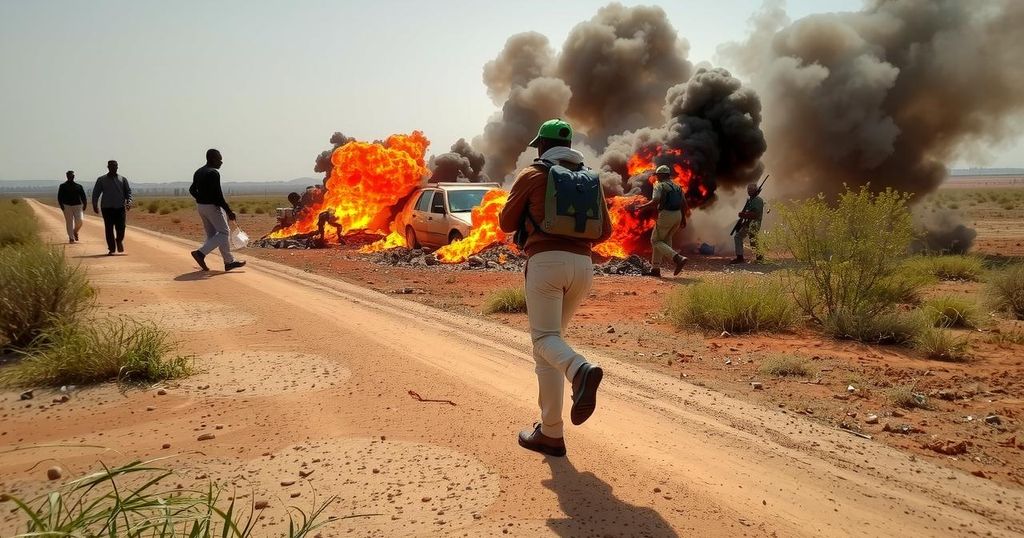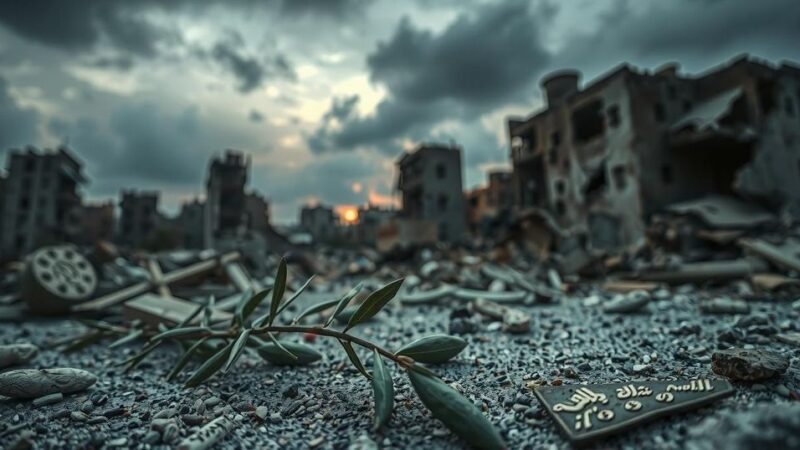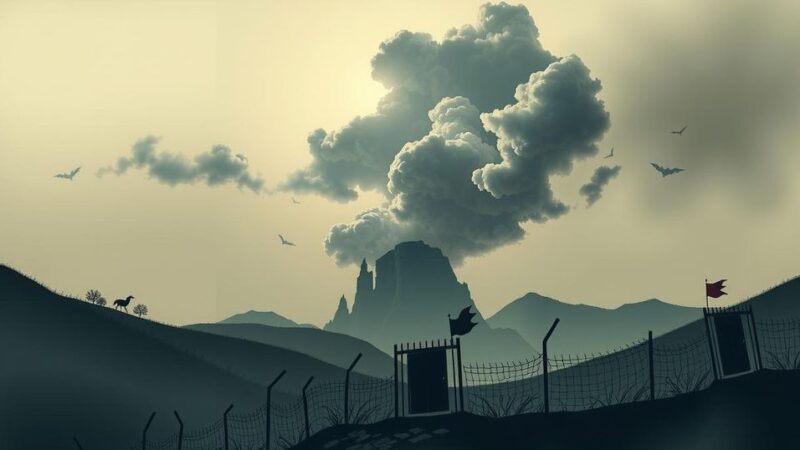Over 10 individuals have been killed and numerous others injured in violent clashes between clan militias and regional forces in Da’awaley village along the Ethiopian-Somaliland border. The confrontation stems from a land dispute and has prompted widespread condemnation from Somaliland officials, who labeled the incident as a massacre and called for accountability for human rights violations.
On Wednesday, more than ten individuals were reported killed, with many others injured during violent clashes in Da’awaley village, situated along the Ethiopian-Somaliland border. The hostilities involved local clan militias and the forces of the regional state, intensifying already high tensions in this disputed territory. Reports indicate that the Somali Regional State Liyu Police, alongside Ogaden clan militia, initiated a pre-dawn offensive against the Isaaq/Arab clan militia, which led to significant civilian casualties, including elders and children as confirmed by Somaliland officials.
In response to these events, the Somaliland Minister of Internal Security, Abdalle Mohamed Arab, condemned the actions of the Liyu Police, labeling the incident a “massacre.” Minister Arab accused them of purposefully targeting innocent civilians, particularly pastoralists, which he characterizes as a gross violation of human rights. Furthermore, the government expressed outrage over the reported abduction of traditional Somaliland elders who were attempting to mediate the ongoing conflict.
Officials have stated that this abduction contravenes both national and international norms, with Minister Arab asserting the necessity for accountability for the violence and demanding that those responsible face justice. Images emerging on various social media platforms depict destruction, including burned and looted homes, amidst the exodus of residents from the conflict zone.
Ethiopian authorities have reportedly closed the border in light of the escalation of violence, although officials from the Somali Regional State have not yet issued a public statement regarding the clashes. The ongoing strife in Da’awaley is rooted in a land dispute between the Ogaden/Darood and Isaaq/Arab clans, both asserting claims of ownership over the contested rural landscapes of this region.
The violent clashes erupting along the Ethiopian-Somaliland border are reflective of deep-seated clan disputes that have plagued the area for years. The saturation of overlapping claims to land ownership between various clans contributes to tensions and sporadic violence. This particular incident underscores the fragility of peace in the region, as both the Ogaden and Isaaq clans vie for territorial control, often resulting in civilian casualties and human rights violations. As the conflict unfolds, it highlights the challenges facing governance structures in managing local disputes, the role of law enforcement, and the protection of vulnerable populations.
In summary, the deadly clashes in Da’awaley village illustrate the severe consequences of unresolved land disputes and clan rivalries in the region. The rising toll of casualties, including civilians, prompts urgent calls for accountability and justice. The actions taken by the Liyu Police and the resulting abductions of peace-seeking elders raise significant human rights concerns. As the situation develops, it remains critical for local authorities and international stakeholders to address the underlying conflicts and protect the affected communities from further violence.
Original Source: hornobserver.com







